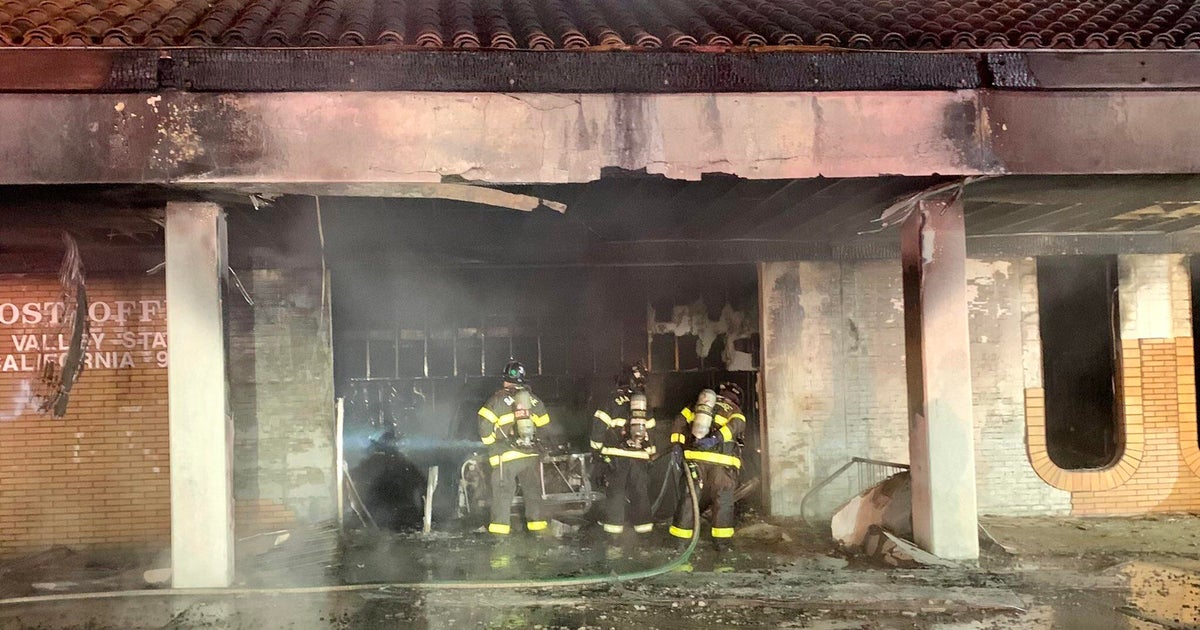Wis. DOJ Says No Rape Evidence Testing Without Consent
MADISON, Wis. (AP) — The state Department of Justice is recommending police don't submit evidence from sexual assault exams to the state crime lab unless victims have consented to cooperate with investigators.
The recommendation is part of a plan DOJ's Sexual Assault Response Team has developed to address some 6,000 untested sexual assault evidence kits sitting on local police departments' shelves. The kits have been sitting for a variety of reasons. Sometimes prosecutors have decided the cases were too weak to warrant testing. Some cases may have been resolved without the need for testing. In still others attackers may already be in jail or prison — agencies must retain evidence until a sentence is complete — or a victim refused to cooperate with investigators.
The 2011-13 state budget mandated that if a victim consents to a sexual assault exam in a stranger attack that evidence must go to the state crime lab, regardless of the victim's wishes. The DOJ's new plan offers local police additional guidelines for prioritizing submissions.
Those guidelines recommend sending in kits when charges have been filed or victims have agreed to cooperate with investigators and prosecutors. If a victim undergoes an exam but isn't sure whether he or she wants to participate in a prosecution, the hospital should send the evidence to the crime lab, which will hold it until the victim makes a decision or for six years. The statute of limitations for most felonies runs out then. If a victim refuses to participate in the prosecution, police shouldn't send in their evidence kit.
DOJ officials said victims who don't want to be part of the criminal justice system shouldn't be forced to cooperate. Jill Karofsky, executive director of DOJ's Office of Crime Victim Services, said the agency is trying to respect victims' wishes. Sexual assault exams are "super-invasive," she said, and victims may not want all those details going public in court.
If a victim chooses not to cooperate and their kits don't get to the crime lab, law enforcement loses an opportunity to develop a DNA profile of the attacker. That means investigators won't be able to link him to other assaults and determine if he's a serial rapist. But Karofsky said a victim's wishes and mental well-being must come first.
"We're asking them to make a huge decision," she said. "We want them to be able to control the evidence."
The plan also calls for DOJ to supply exam kits to hospitals across the state. The kits will contain bar codes to enable the agency to track their whereabouts and status, Karofsky said. The DOJ hopes to hire a supplier by early spring, she said. It's unclear how much that initiative may cost.
Ian Henderson is a staff attorney for the Wisconsin Coalition Against Sexual Assault and sat on the team that developed the plan. He acknowledged the guidelines might cost police a chance to link perpetrators to other crimes but the team wanted to show victims as much compassion as possible.
"We don't want to put the burden of catching a perpetrator on a single victim," he said. "Anytime we can preserve and respect a victim's wishes in a system that doesn't always do that, that's a positive."
Police departments across the country have been grappling with untested exam kits. A 2009 National Institute of Justice survey of more than 2,000 law enforcement agencies found 18 percent of unsolved sexual assaults between 2002 and 2007 contained forensic evidence that was still in police custody and hadn't been submitted to a crime lab.
(© Copyright 2014 The Associated Press. All Rights Reserved. This material may not be published, broadcast, rewritten or redistributed.)







